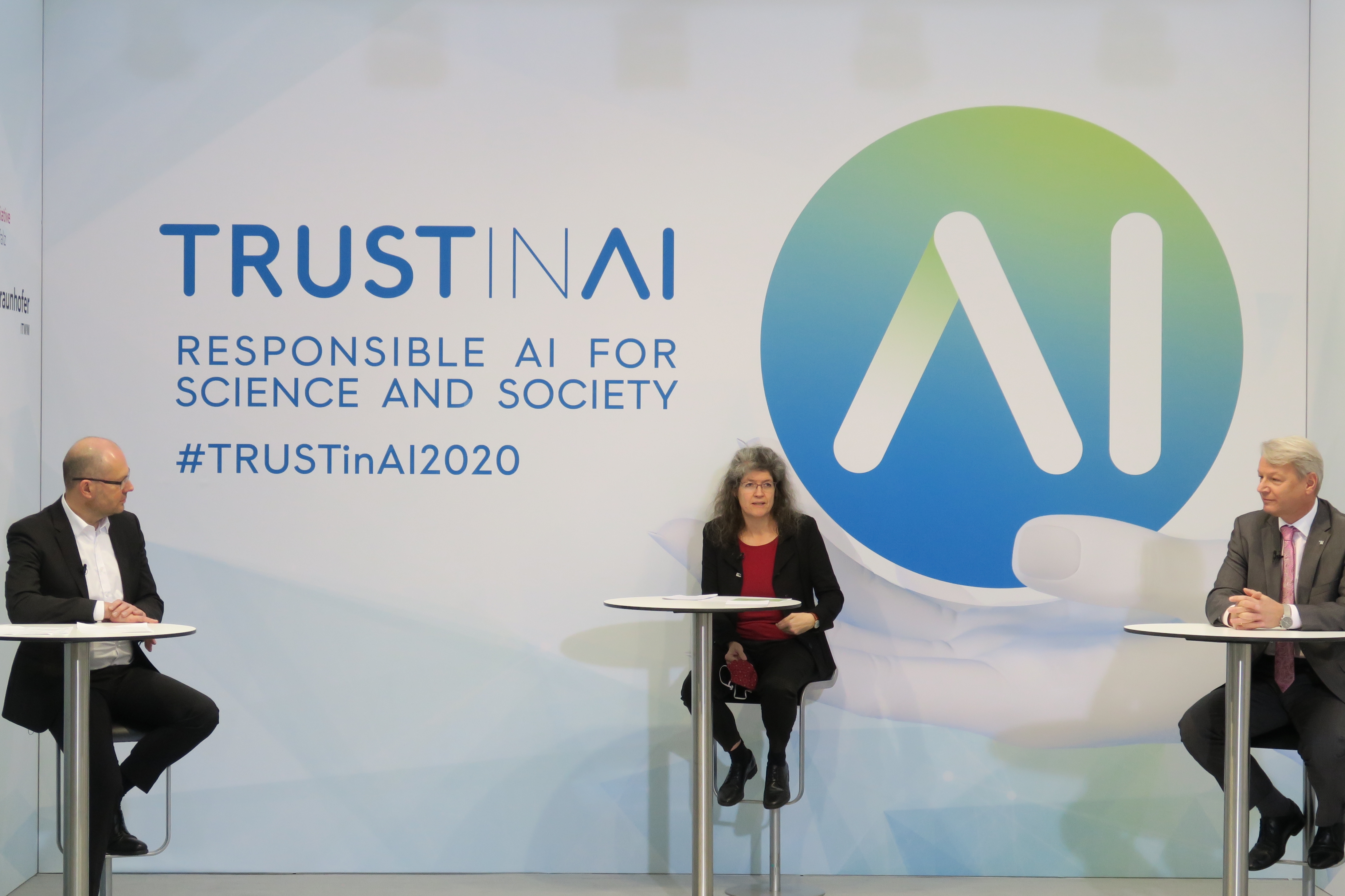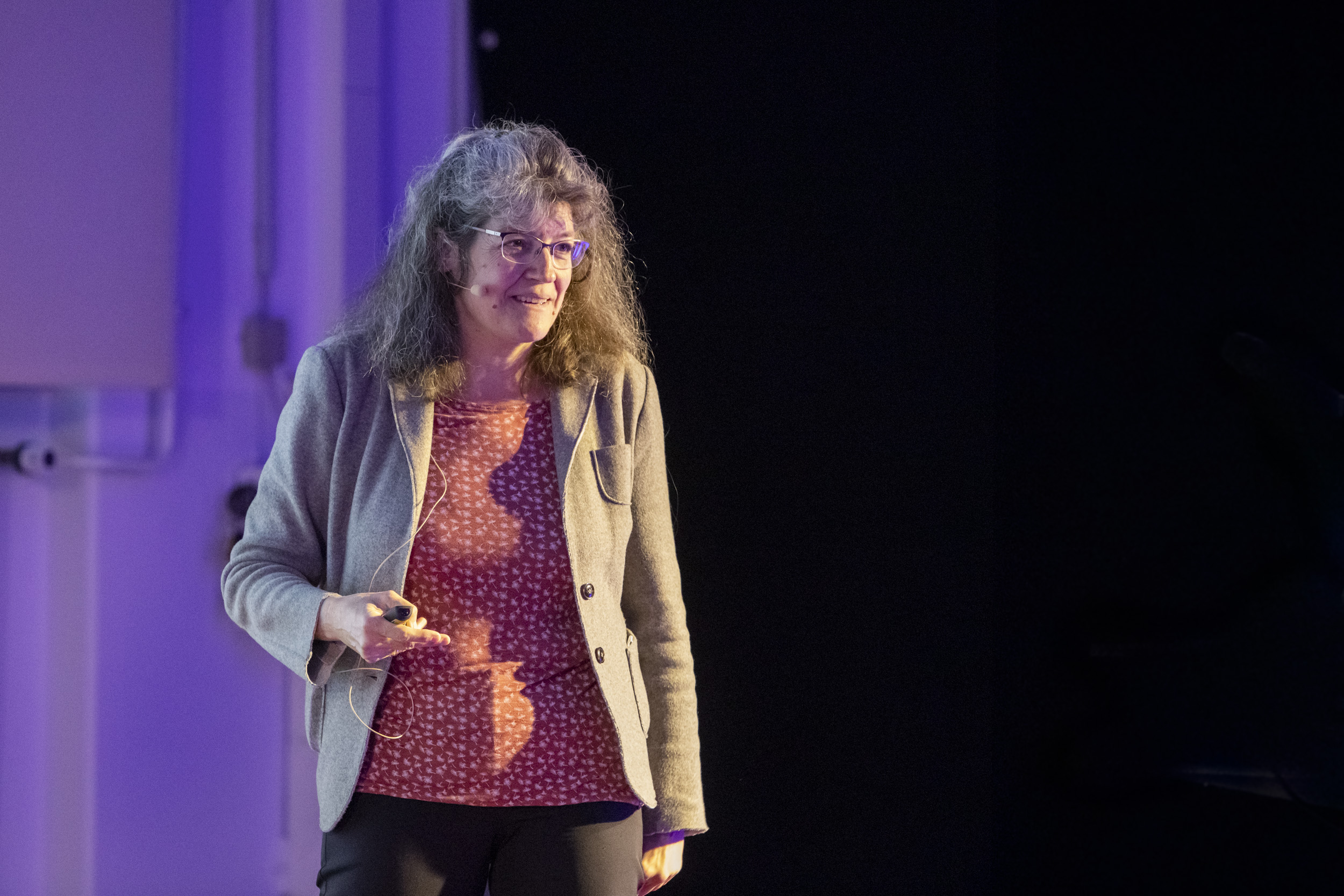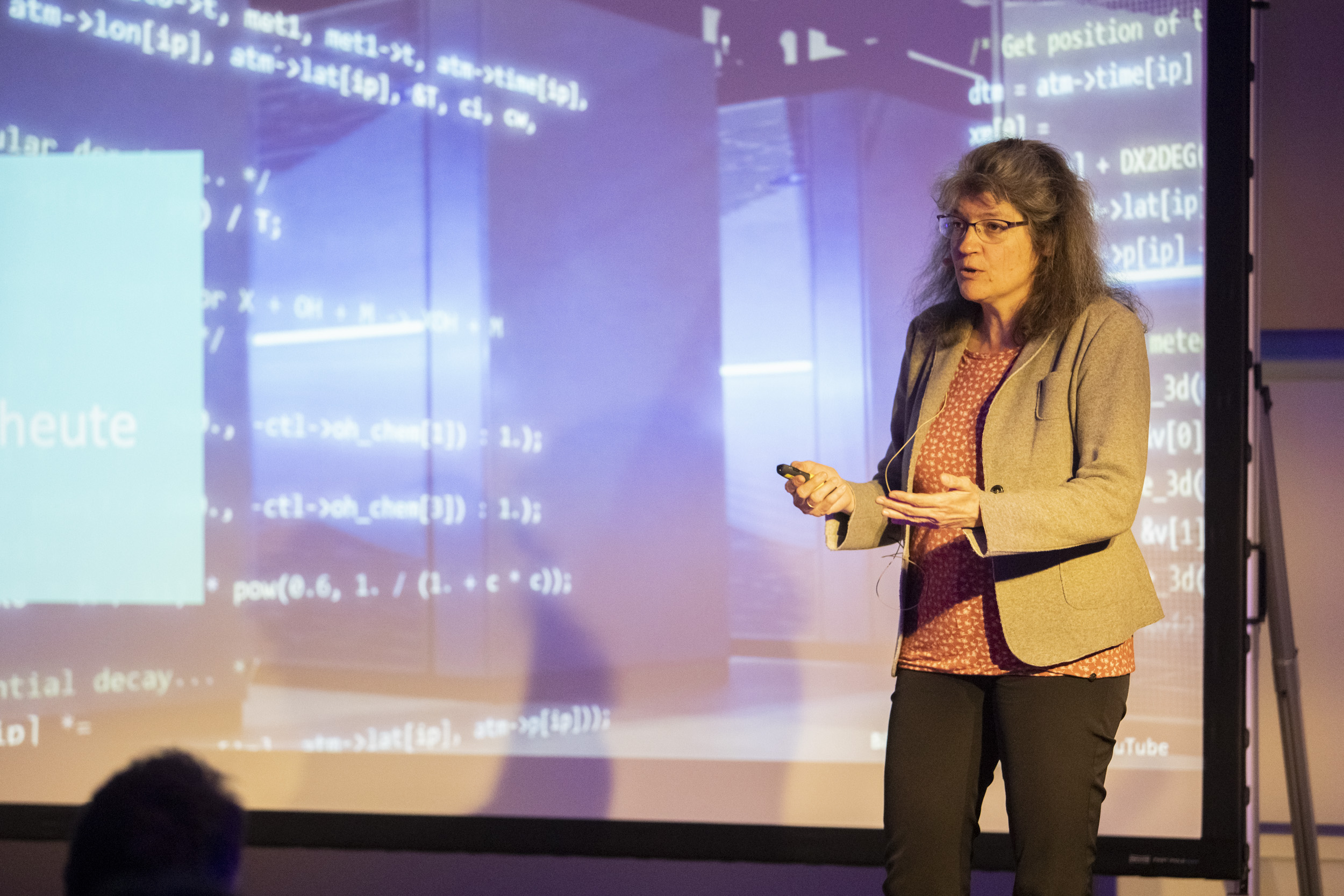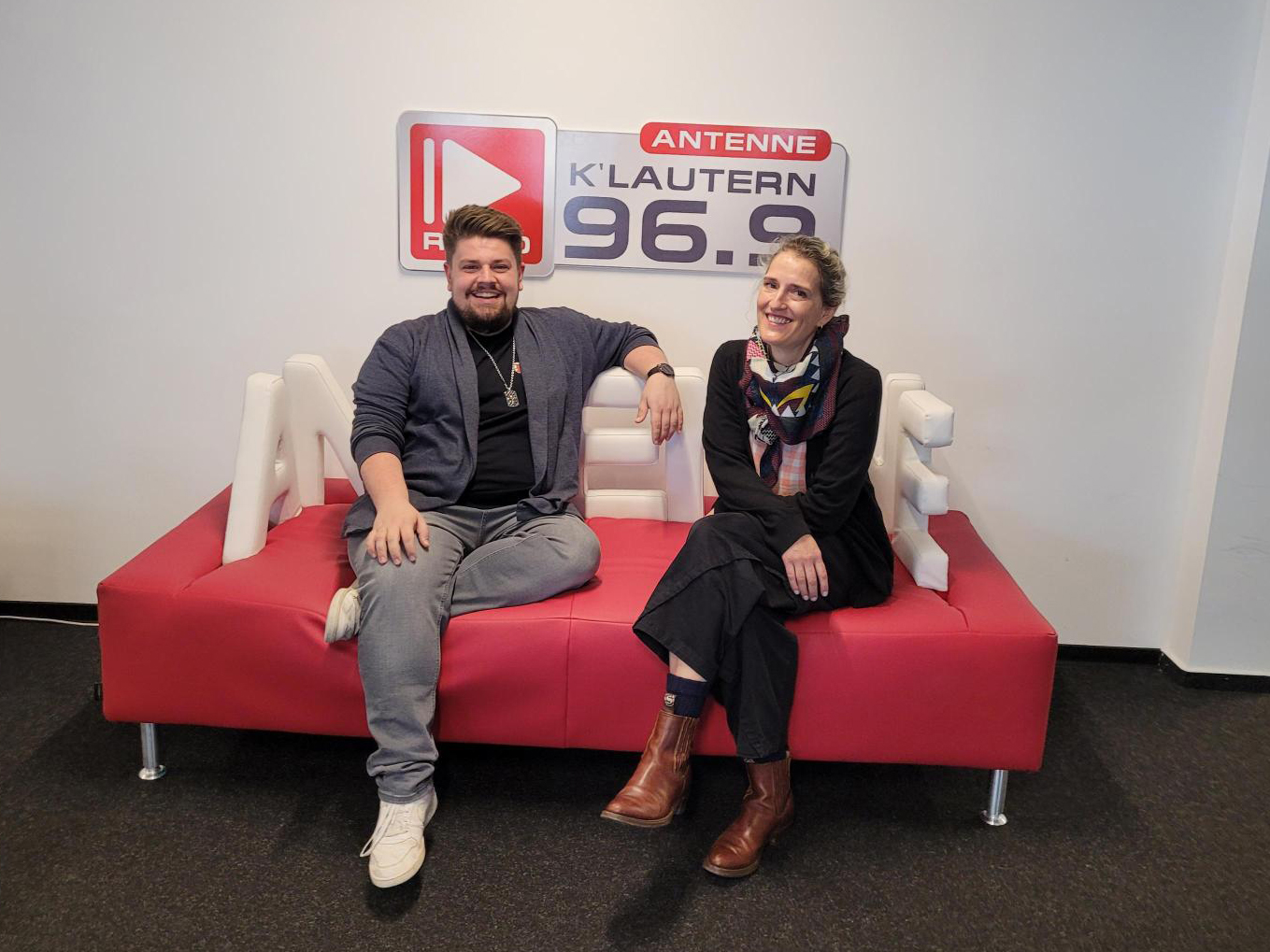A central aspect is the networking of science and business. What specific collaborations are you planning and which companies in Rhineland-Palatinate will benefit from them?
Schöbel: We already have a wide range of collaborations with universities in Rhineland-Palatinate, which will be further expanded in the future. Furthermore, we are focusing on existing, well-functioning networks such as the Science and Innovation Alliance Kaiserslautern SIAK, the Rhineland-Palatinate Future Initiative ZIRP or the Rhineland-Palatinate Development Agency and will be involved in these. We do not want to create parallel structures. In the current phase, we also want to focus more on international relations. In Rhineland-Palatinate, we have a lot to contribute scientifically and economically to the topic of »mobility« and want to increase our visibility in science and business on the international stage.
Stephani: We would also like to support small and medium-sized companies in particular in the area of mobility, as well as offering services for local and regional mobility providers. In contrast to large companies, it is sometimes more difficult to drive innovation from within the company. We also see a link here to the new state project »KI4KMU«, which encourages SMEs to integrate AI methods into their day-to-day work.
What long-term effects do you hope the project will have on the mobility sector in Rhineland-Palatinate?
Schöbel: We hope that the potential of AI for mobility will be leveraged and that this will improve mobility in Rhineland-Palatinate on the one hand, and that the mobility-oriented economy and production will be future-proofed with expertise and jobs on the other.
The state of Rhineland-Palatinate supports the KI Pilots with 80,000 euros per year. What specific measures are financed with this money?
Schöbel: In the first phase, we worked largely on a voluntary basis. It is important to us to continue to promote mobility in Rhineland-Palatinate. We are pleased that the state appreciates our work. We use the funds provided primarily for further networking with other stakeholders and to present innovations to the target groups. Various workshops and a larger event on the topic of AI are already planned.




